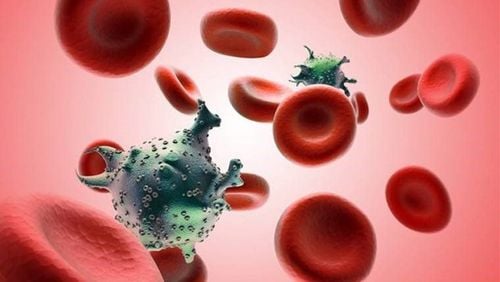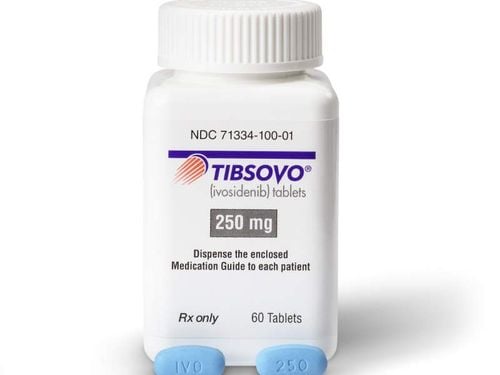This is an automatically translated article.
Blood cancers occur when there are mutations or other changes in the DNA genes of blood cells. This causes cells to grow and divide faster, invading healthy cells. When red blood cells and platelets are destroyed in large numbers, disease symptoms will appear.
1. What is blood cancer?
Blood cancers occur in the body's blood-forming tissues, including the bone marrow and the immune system. There are many different types of blood cancer. Some blood cancers are more common in children, while others are more common in adults.
Treatment of blood cancer requires a combination of different methods, depending on the type and factors. A reasonable treatment regimen and high-quality human resources can help you achieve the best treatment effect.
2. Causes of blood cancer
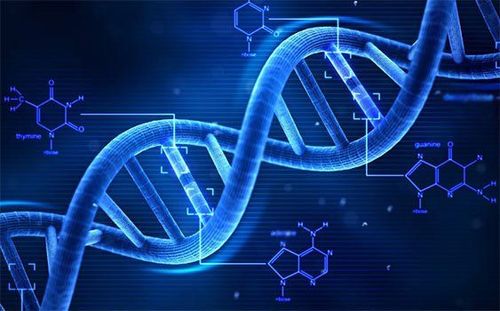
Scientists still can't find the exact cause of blood cancer. Genetics and environmental factors are thought to be the main risk factors for disease development and outbreaks.
In general, leukemia occurs when mutations in the DNA gene in a few blood cells occur. There are a number of other unexplained changes in cells that can also increase the risk of blood cancer.
Certain abnormalities cause blood cells to grow, divide quickly, and live longer than other healthy cells. Cancer cells will outgrow healthy cells in the bone marrow, resulting in a decrease in the number of healthy cells, red blood cells and platelets that cause disease symptoms to appear.
Trắc nghiệm: Thử hiểu biết của bạn về bệnh ung thư
Ung thư là nguyên nhân gây tử vong hàng thứ 2 trên thế giới. Thử sức cùng bài trắc nghiệm sau đây sẽ giúp bạn có thêm kiến thức về yếu tố nguy cơ cũng như cách phòng ngừa bệnh ung thư.
Bài dịch từ: webmd.com
3. Symptoms of blood cancer
Symptoms of blood cancer depend on the type of disease you have. The most common signs and symptoms include:
Fever or chills; Prolonged fatigue, weakness; Frequent or severe infections; Weight loss; Swollen lymph nodes ; Enlarged liver and spleen; Easy bleeding and bruising; Recurrent nosebleeds; Appearance of red spots on the skin; Excessive sweating, especially at night; Pain in bones. Symptoms of blood cancer are often vague and nonspecific. The early signs of illness are like those of the flu and some other symptoms. You should see a doctor if the above symptoms persist and do not go away.
4. Classification of blood cancers
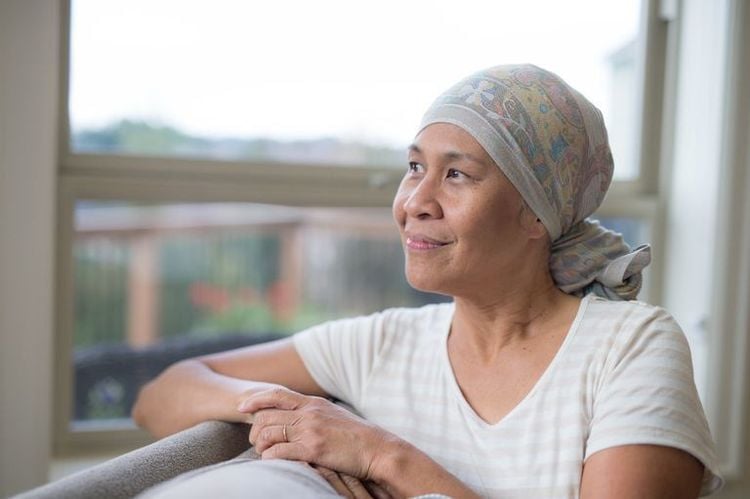
Based on the degree of progression and the type of cells affected, blood cancers are classified as follows:
4.1. Acute blood cancer In acute blood cancer, the abnormal blood cells are immature. These cells cannot perform their normal function, multiplying at such a high rate that the disease gets worse quickly. Acute leukemia requires urgent and prompt treatment.
4.2. Chronic blood cancer There are different types of chronic blood cancer. The disease affects more mature blood cells. These blood cells multiply or accumulate more slowly and function normally for a certain amount of time. In some chronic leukemias, symptoms do not occur early, leading to a late diagnosis.
The second classification is based on the type of white blood cell affected:
Lymphocytic leukemia: This type of cancer affects the lymphocytes (which form lymphatic tissue). Lymphatic tissue makes up the immune system. Myeloid Leukemia: This type of cancer affects myeloid cells. Myeloid cells produce red blood cells, white blood cells, and platelets. The main types of leukemia are:
Acute lymphocytic leukemia : This is the most common type of leukemia in young children. The disease can also occur in adults. Acute myeloid leukemia (AML): AML is the most common type of acute leukemia in adults. AML can also be seen in children. Chronic lymphocytic leukemia (CLL): CLL is the most common chronic leukemia in adults, and you can feel fine for many years without treatment. Chronic myelogenous leukemia (CML): This type of leukemia mainly affects adults. A person with CML may have few or no symptoms for months before entering a stage where leukemia cells grow more rapidly. Other types: Other less common types of leukemia include hairy cell leukemia, myelodysplastic syndromes, and myeloproliferative disorders.
5. Factors that increase the risk of blood cancer
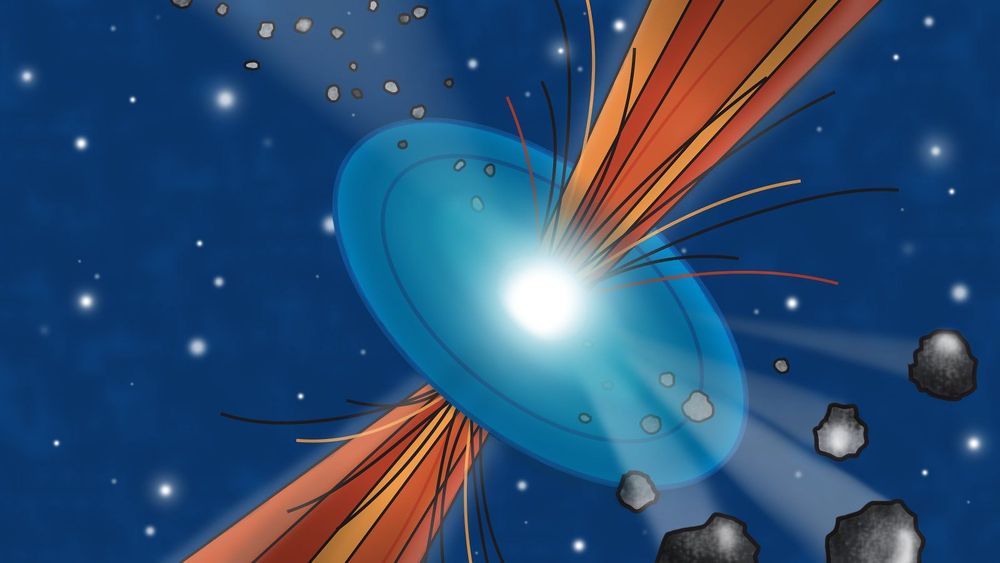
Factors that increase the risk of blood cancer include:
Previous cancer treatment: People who have had chemotherapy or radiation therapy for other cancers have a higher risk of developing cancer. blood cancer. Genetic disorders: Abnormal genes present in the body increase the risk of blood cancer. Diseases caused by genetic disorders such as Down syndrome can increase the risk of blood cancer. Exposure to certain chemicals" Exposure to certain chemicals such as benzene (found in gasoline and widely used in the petrochemical industry) increases the risk of certain types of leukemia. Smoking increases the risk of acute myeloid leukemia (AML) Family history of blood cancer: If a family member has been diagnosed with blood cancer, you are also at increased risk. However, many people with the above risk factors do not develop blood cancer, on the contrary, there are also many people diagnosed with blood cancer without the above risk factors. Early detection is considered a perfect measure in timely detection and treatment of all types of cancer, reducing treatment costs and patient mortality. Customers of the Early Cancer Screening Package at Vinmec - Peace of mind to live healthy helps gene testing, imaging diagnostics, biomarkers for early tumor detection m.
Choosing the Early Cancer Screening Package at Vinmec - Peace of mind to live a healthy life, customers will get:
Only one gene test can assess the risk of 16 common cancers in both men and women; Early detection of early signs of cancer through imaging, endoscopy and ultrasound; The examination operation is simple, careful and accurate; A team of well-trained specialists, especially in oncology, is capable of handling medical examination and treatment cases. With a system of facilities, advanced and modern medical equipment and a team of doctors with deep expertise and experience, it will help the process of examination and treatment of patients at Vinmec become faster with High efficiency, save cost and time.
Please dial HOTLINE for more information or register for an appointment HERE. Download MyVinmec app to make appointments faster and to manage your bookings easily.
Articles source references: Webmd.com, Mayoclinic.org



